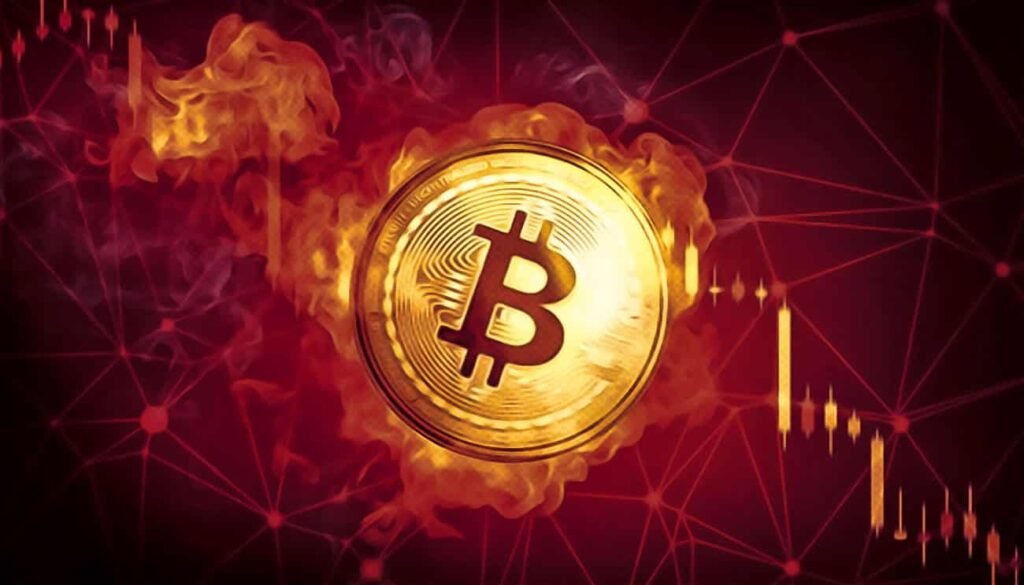Bitcoin (BTC) price has been under constant selling pressure and is currently below the key support level of $65,000. Bitcoin price is down 10% from its June high of $72,000 despite the rise in the US stock market. Last week, BTC price hit a one-month low, significantly underperforming the US stock market without any new catalyst.
Bitcoin Price and Stocks Continue to Underperform
Over the past two weeks, Bitcoin and the cryptocurrency market as a whole have been trending lower due to excitement surrounding the approval of an Ethereum ETF.
Calmness is returning. One big reason for the profit-taking is that the cryptocurrency market has nearly doubled between Q4 2023 and Q1 2024, according to data from IntoTheBlock. Meanwhile, other sellers have been weighing on BTC prices.
So far in June, Bitcoin miners have sold over 30,000 BTC, worth $2 billion. One of the main reasons is the recent Bitcoin halving, which has since led to a sharp rise in operational costs and reduced profits, forcing miners to sell their BTC holdings.
In addition to Bitcoin miners, Bitcoin ETF outflows of more than $500 million last week have put further selling pressure on the price. At the same time, the German government
The government has been sending large amounts of its BTC holdings to exchanges, indicating it is likely selling them. The government continues to hold an additional 47,000 BTC, valued at $3 billion.
Bitcoin price sell-off may continue
Interestingly, despite the current sell-off, over 87% of Bitcoin holders are still in profits, indicating that there is plenty of room for further profit-taking in the market.
Several market analysts believe that Bitcoin price stability could continue until the end of summer 2024. The next phase of Bitcoin’s bull market is likely to begin around September amid major sparks surrounding the US elections.
The main focus next week will be the release of the May PCE index next Friday. The decline in the May core CPI already suggests that there are downside risks to the core PCE index. In addition, spending will also face downside risks due to weak retail sales, but personal income could improve as indicated by the better-than-expected average hourly wage.

